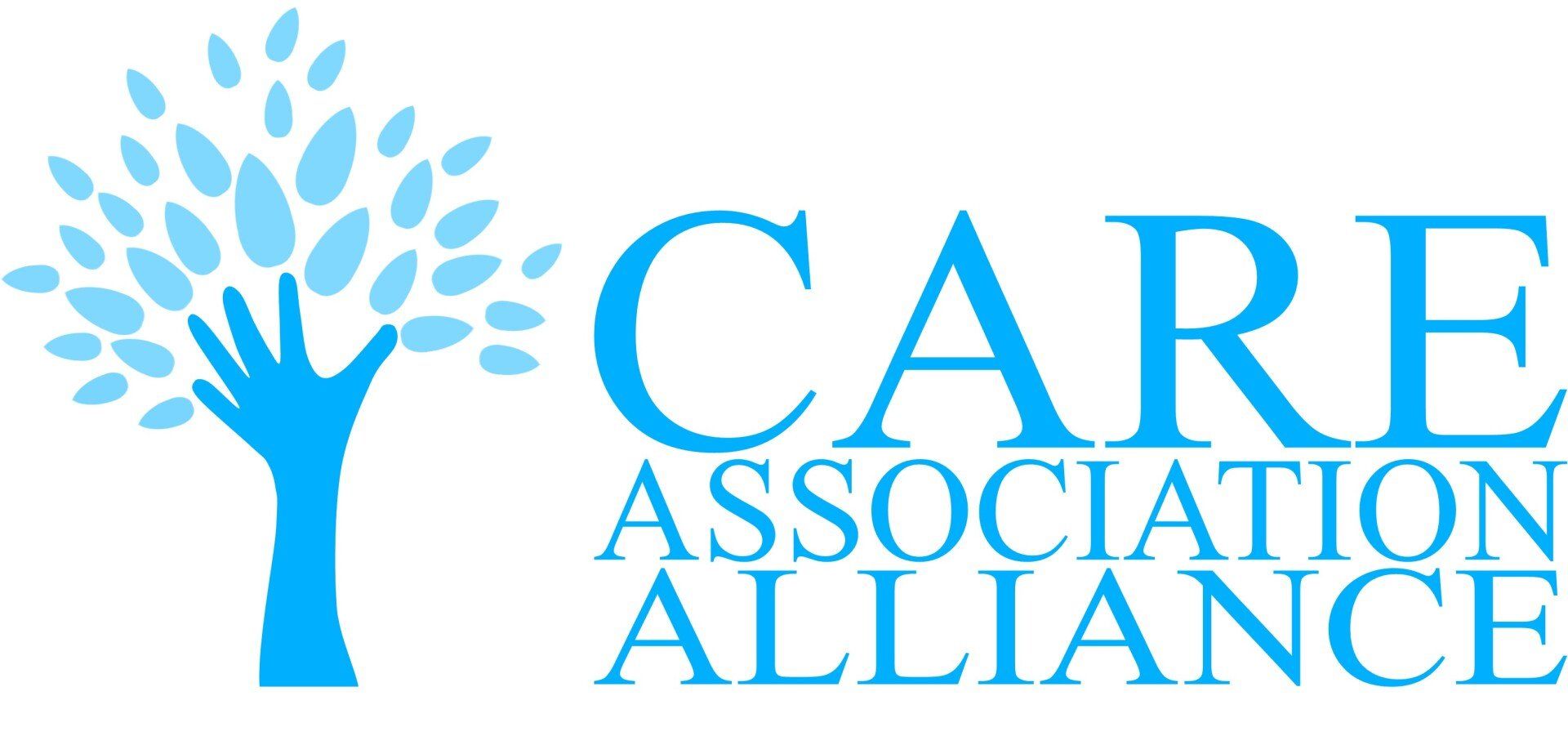Lack of Financial Recognition “Disgraceful”, says CAA Co-Chair
Lack of Financial Recognition “Disgraceful”, says CAA Co-Chair
A “disgraceful lack of financial recognition and reward” for workers in adult social care is prolonging the recruitment crisis in the sector, according to the Co-Chair of the Care Association Alliance.
Welcoming the State of the Adult Social Care Sector and Workforce in England report published today (10th October) by Skills for Care, Melanie Weatherley MBE said the incoming Labour government needs to tackle the issue of low pay and lack of recognition for care workers.
The report shows that the care sector faces ongoing domestic recruitment and retention challenges, although international recruitment drove improvements in the adult social care workforce in the year to March 2024.
The State of the Adult Social Care Sector and Workforce in England report published today (10th October) shows that the workforce grew to 1.71 million filled posts while vacancies fell to 131,000 on any given day for the second successive year.
Just under a quarter of people working in care (24.2%) left their jobs in 2023/24, and among independent and local authority employers the turnover rate fell to below 1 in 4 (24.8%) for the first time since 2014/15, down from 29.1% the previous year.
However, the report confirms that these positive trends are mainly due to the record level of international recruitment in 2023/24, and it says the sector is still struggling with domestic recruitment and retention.
“This is an important report which shines more light on the recruitment challenges that the adult social care sector is facing today,” said Melanie Weatherley MBE, Co-Chair of the Care Association Alliance.
“The social care sector in this country continues to experience significant workforce challenges, and without our international recruits it is unclear how we could have continued to enable individuals to live their best lives and to support our NHS colleagues.
“At the root of the problem is a disgraceful lack of financial recognition and reward for the skilled work that care staff do, and this issue should be at the top of the to-do list of the new Labour government.”
In 2023/4 105,000 international recruits started working as care providers in the independent sector, while the number of UK nationals in the workforce shrank by 30,000. Over the two years since March 2022, 185,000 international recruits joined the workforce and the number of UK workers fell by 70,000.
The report shows that the supply of international workers is declining, which makes the challenge of recruiting domestic care workers even more pressing.
An estimated 8,000 new international recruits started work between April and June 2024, compared with an average of 26,000 per quarter in the year to March – a decrease of over two-thirds.
To arrange an interview with Melanie Weatherley MBE, please contact Jez Ashberry at Shooting Star by calling 07780 735071 or by emailing jez@weareshootingstar.co.uk.
Notes to editors:
The Care Association Alliance brings together more than 50 local care associations, representing over 7,000 care providers across the breadth of adult social care provision. We are the national voice of local care provision.
Visit their website: https://www.caa.care/.
You can read the State of the Adult Social Care Sector and Workforce in England report here
For media information contact:
Jez Ashberry
Director
Shooting Star
01522 528540 / 07780 735071
[CAA01skillsforcarereport]





